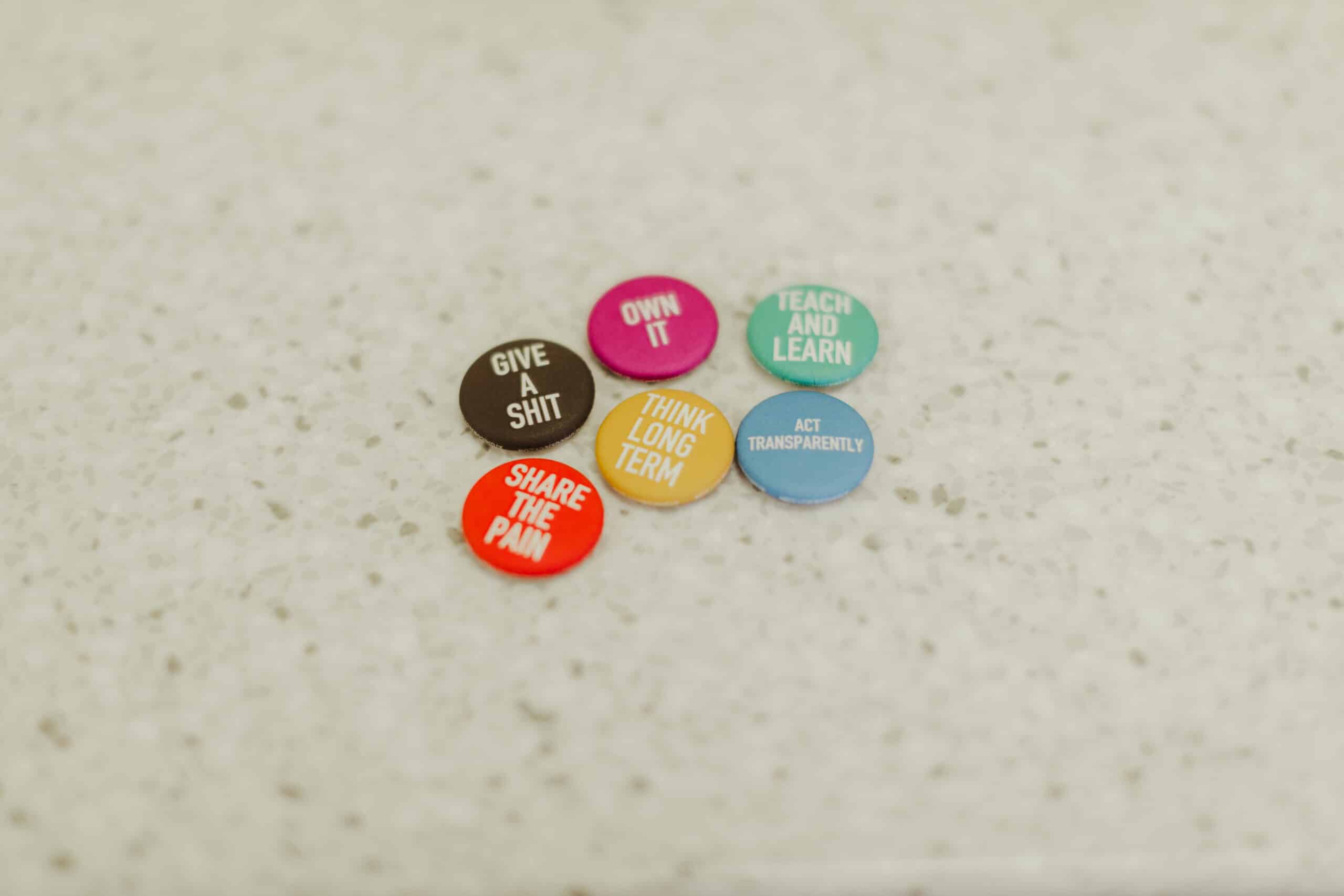Here at Atomic, the company value I like the most is Teach and Learn. As a value, it’s pretty self-explanatory, but what I enjoy about it is that it applies to everybody across the company, from the most senior employees to the interns. For an organization like ours, I think that’s an important idea. This is especially so when many people in the early stages of their careers feel that they don’t have much to teach their coworkers, even if they’ve got some experience.
What do I have to offer?
This isn’t about imposter syndrome, but it is relevant. I find myself undervaluing my own experience all the time and often feel I don’t have much to offer in terms of mentorship. But over the last couple of years, we’ve been running a career development program at our company. We’re effectively matching career development “managers” to other employees to create a relationship outside of the existing manager-employee dynamic where everyone has another coworker invested in helping them grow in their career.
When I was asked to participate, I was hesitant. I had only been working for four years and didn’t think I could effectively guide somebody else’s career when my own was so new. However, I was convinced to try it out and found that it was more straightforward than I’d worried it would be.
Perceived shortcomings I expected to hamper this mentorship like technical experience were barely part of the equation. I found myself mostly listening to my pair talk about their project, being asked about handling relationships, and otherwise just being somebody to talk to. This proved pretty successful for this mentor-mentee relationship, which helped me realize that so much of what made it successful was that I was a friend to my coworker.
It’s important to be a friend.
I’m not here to comment on what level of friendship people should be aiming for with coworkers. I think it’s fine if people just want to be able to catch up a bit while they happen to eat lunch together, or if they end up inviting each other to their weddings – what’s important is just being friendly. Regularly interacting with people, actively listening to them, and just being available to them all do the trick.
Being a friend to someone won’t necessarily help them solve a technical problem or enable them to learn some new tools. But, it accomplishes something I think is often overlooked compared to the technical side of things: cultural mentorship. Especially when it comes to people just starting their careers, it’s easy to forget that half of what they don’t know might simply be what it’s like to work at your company or with your team.
This is why I find being a friend to be so important. It’s an easy way to provide an example of what it means to work together, and how that can work. Maybe I can’t help a junior dev solve a technical problem I haven’t seen before, but I can set an example of what it looks like to reach out to other folks to get answers. I’m not able to work day-to-day with everybody on other teams, but I can set an example of being a good teammate by encouraging them out on the kickball field.
You’re already better than you think.
None of this requires a formal mentoring relationship. You basically do it without thinking about it in your day-to-day work, and the effect is positive and visible. So if you’re concerned about your capacity to help others learn, try looking at it from another perspective – you may already be better at it than you think.


This blog is a fantastic resource. Thanks for sharing!